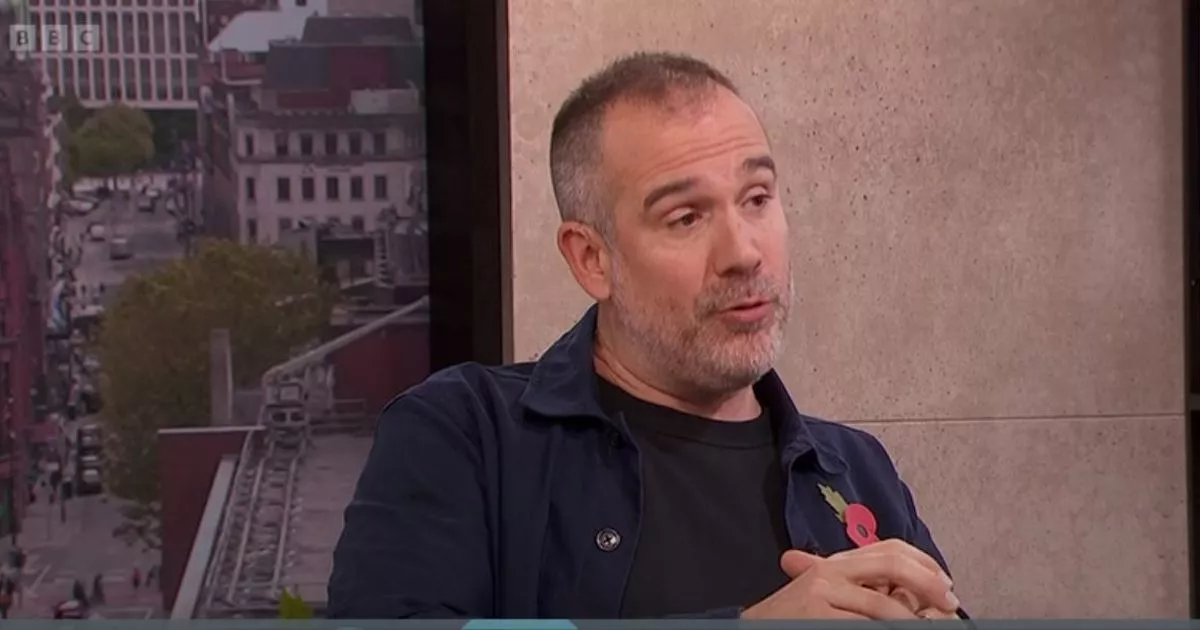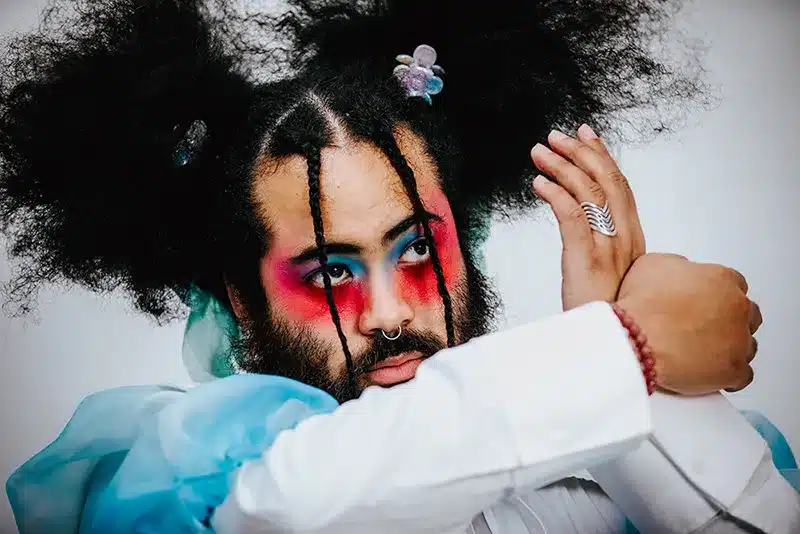Copyright walesonline

A BBC Morning Live doctor has urged people over the age of 45 to ask their GP for one thing if they struggle to sleep. Speaking on the breakfast show, Dr Xand van Tulleken responded to a question from a viewer who said that she is going through menopause and struggles to sleep. According to the NHS, 'menopause occurs when your periods stop due to lower hormone levels. It usually affects women between the ages of 45 and 55, but it can happen earlier'. In response to her question, the doctor said that it's a 'tricky' situation due to the numerous symptoms associated with it. Alongside that, many doctors may dismiss women, noting it's just part of what some people go through. He explained: "Menopause is a huge issue that affects many people's sleep, and menopause is tricky because there are so many different symptoms that can mask other things. "But it can also be easy to miss. You can be in a situation where you’re being under-treated for menopause or other symptoms get dismissed because your GP says it’s just menopause - so the first thing I would say is talk to your GP about menopause." Dr Xand noted that the woman did not mention if she’s on HRT. This stands for Hormone Replacement Therapy and is a treatment used to help with menopause symptoms. It replaces the hormones oestrogen and progesterone, which fall to low levels as you approach the menopause. Menopause symptoms HRT can help to treat include: sleep problems hot flushes night sweats mood swings anxiety and low mood vaginal dryness Talking about HRT, he noted that you could try it and if it's not for you, to come off it. He explained: "That might be something to discuss, even if it was for a short period of time, it doesn’t have to be forever. I think sometimes the health dangers of HRT have been really exaggerated, particularly for doctors of my generation." The NHS shared online that people can usually take HRT if they are having menopause symptoms. However, HRT may not be suitable if you: have a history of breast cancer, ovarian cancer or womb cancer have a history of blood clots – you may need to use patches or gels rather than tablets have untreated high blood pressure – your blood pressure will need to be controlled before you can start HRT have liver disease are pregnant – it's still possible to get pregnant while taking HRT, so it's important to use contraception until 2 years after your last period if you're under 50, or for 1 year after the age of 50 The viewer also mentioned fibromyalgia. This is a long-term condition that causes pain all over the body. As well as widespread pain, other symptoms of fibromyalgia include: difficulty getting to sleep or staying asleep, which can make you feel very tired (fatigue) problems with mental processes (known as "fibro-fog"), such as difficulty concentrating or remembering things headaches increased sensitivity to pain muscle stiffness irritable bowel syndrome (IBS), a digestive condition that causes stomach pain and bloating feelings of frustration, worry or low mood Talking about this chronic condition, the doctor went on to say that it is a deeply 'misunderstood' health issue that can cause a big disturbance when you try to sleep. Admitting it can be 'very, very difficult for people to manage', he noted that people should seek help and even ask if they can be referred to a sleep clinic. But while you wait to get help from a sleep clinic, GP or other specialist, he urged people to remember that the NHS says a regular bedtime and keeping your bedroom cool and dark is key. He also noted that you should avoid caffeine at night as well as alcohol to help your body relax. He also noted that a 'regular wake-up time can make a big difference as well'. And if you can manage it, 150 minutes of aerobic exercise a week. This does not have to be intense exercise, but can be things like "briskly mowing the lawn" or other activities that are not strictly exercise. You should "try and keep an eye on how much you’re doing as it can make a big difference to your sleep", he suggested. Concluding his advice, he said: "Your GP should be looking at other causes of exhaustion and tiredness like iron deficiencyanaemia and thyroid problems." Symptoms of iron deficiency anaemia can include: tiredness and lack of energy shortness of breath noticeable heartbeats (heart palpitations) paler than usual skin headaches Less common symptoms of iron deficiency anaemia (that are not usually connected to pregnancy) include: hearing ringing, buzzing or hissing noises inside your head (tinnitus) food tasting strange feeling itchy a sore tongue hair loss – you notice more hair coming out when brushing or washing it wanting to eat non-food items, such as paper or ice (pica) finding it hard to swallow (dysphagia) painful open sores (ulcers) in the corners of your mouth nail changes, such as spoon-shaped nails restless legs syndrome "Distinguishing between tiredness and sleepiness is key", he said.



